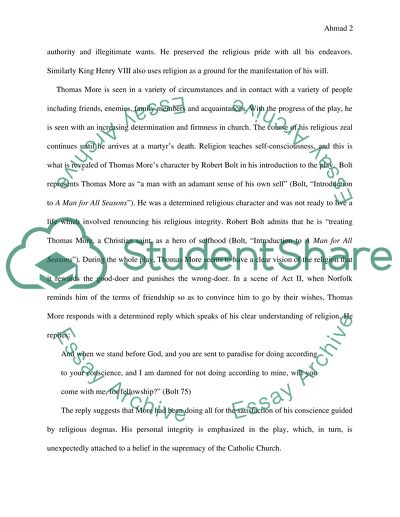Cite this document
(“Religion and A Man for All Seasons Book Report/Review”, n.d.)
Religion and A Man for All Seasons Book Report/Review. Retrieved from https://studentshare.org/literature/1464759-religion-and-a-man-for-all-seasons
Religion and A Man for All Seasons Book Report/Review. Retrieved from https://studentshare.org/literature/1464759-religion-and-a-man-for-all-seasons
(Religion and A Man for All Seasons Book Report/Review)
Religion and A Man for All Seasons Book Report/Review. https://studentshare.org/literature/1464759-religion-and-a-man-for-all-seasons.
Religion and A Man for All Seasons Book Report/Review. https://studentshare.org/literature/1464759-religion-and-a-man-for-all-seasons.
“Religion and A Man for All Seasons Book Report/Review”, n.d. https://studentshare.org/literature/1464759-religion-and-a-man-for-all-seasons.


